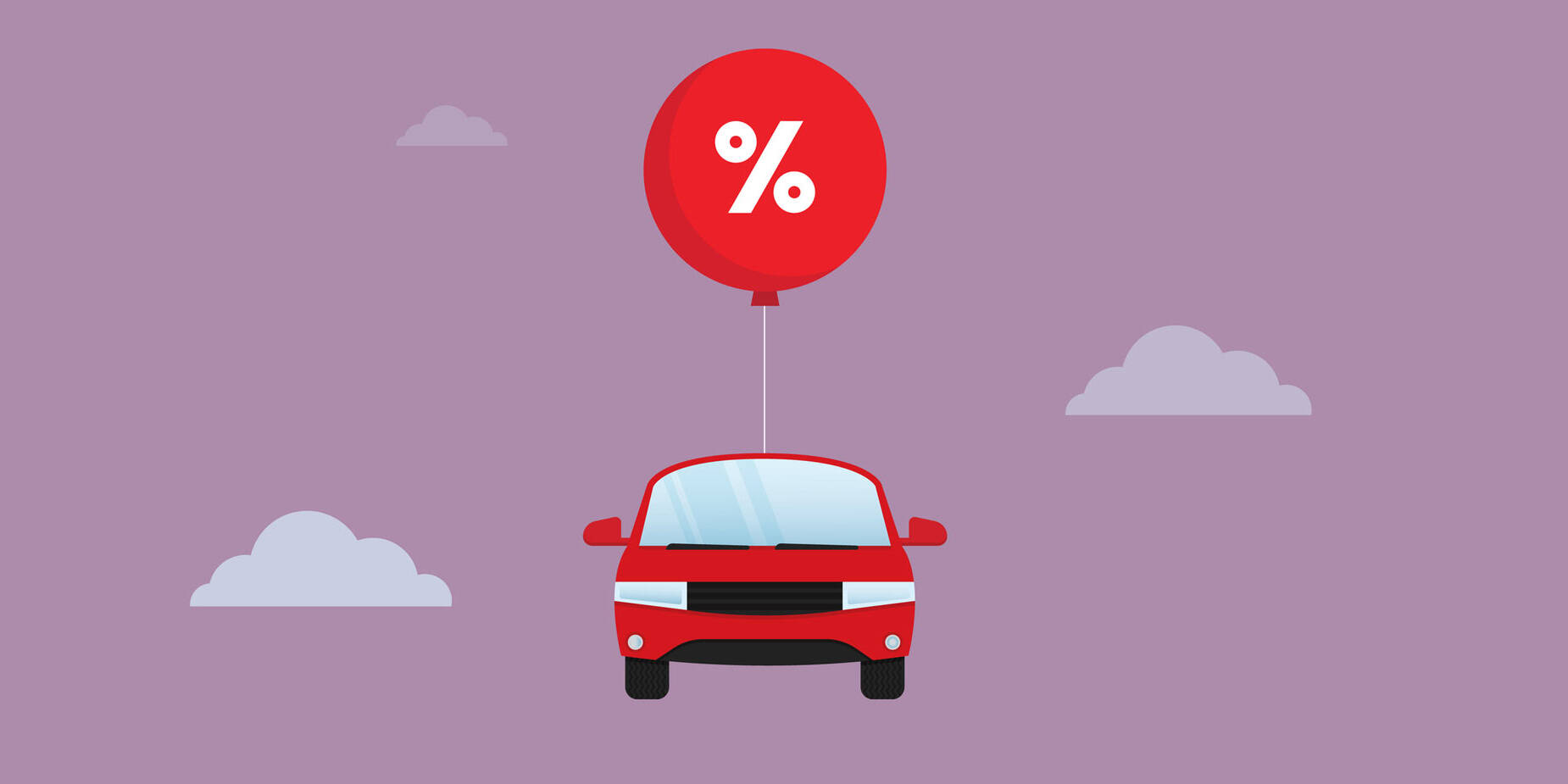With APRA (Australian Prudential Regulatory Authority) continuing to place more pressure on banks to improve their lending standards, mortgage lenders now require more information from customers when seeking a home loan.
The below list of items can assist you with preparing for your next home loan application, to give yourself every chance of fast approval.
![]()
1. Make sure the living expenses you advise the bank of match your spending account.
As part of their assessment banks now require an itemised breakdown of your living expenses. They will often review these items against your spending account to ensure what you have nominated as your monthly spending is realistic and accurate.
![]()
2. Make sure all your accounts are up to date and you haven’t overdrawn on your accounts.
Banks as part of their assessment also require copies of statements for any car/personal loans and credit cards you may have. It is extremely important that your statements do not show any late payments, as banks look at the conduct of your account very carefully, and see this as an important indicator of how likely you will are default on your new loan.
It’s also important that on all your accounts, there are no overdrawing’s (account goes into deficit). This is something banks really do not like to see and can be the difference between your home loan being approved or declined.
![]()
3. Demonstrate a strong savings history
Banks are looking for customers who have a good savings history. This is particularly the case for first home buyers, who don’t have the benefit of having proceeds from an existing property to put towards a new purchase. In particular if you can show a gradual build-up of savings over the last 3 month period, this will greatly strengthen your application.
![]()
4. Reduce credit debt and limits
Mortgage lenders will look at what the limits on your credit cards when working out your borrowing power rather than how much you have owing. Usually they will nominate 3% of your total credit limits to you monthly commitments. So if you have credit card limits that total $20,000 this would equate to $600 per month they would assign to your ongoing liabilities. Cancelling a credit card with a $20,000 limit, would increase your borrowing power by approximately $80,000.
![]()
5. Minimise your credit enquires
Every time you apply for some form of credit; a mobile phone plan, electricity bill, home loan or credit card, an enquiry is made on your credit file to check your credit worthiness. This is also where lenders note a default on your credit file, should you fail to repay any loans or bills you have outstanding (they will usually issue a warning before this occurs). Its best to try to limit the number of credit enquiries you have where possible. When you apply for a home loan, your application is scored by a computer system, and too may credit enquiries (more than 7 within 6 months for example) can definitely go against you.
We hope these 5 tips have proved yourself, please feel free to get in touch if we can assist further.


